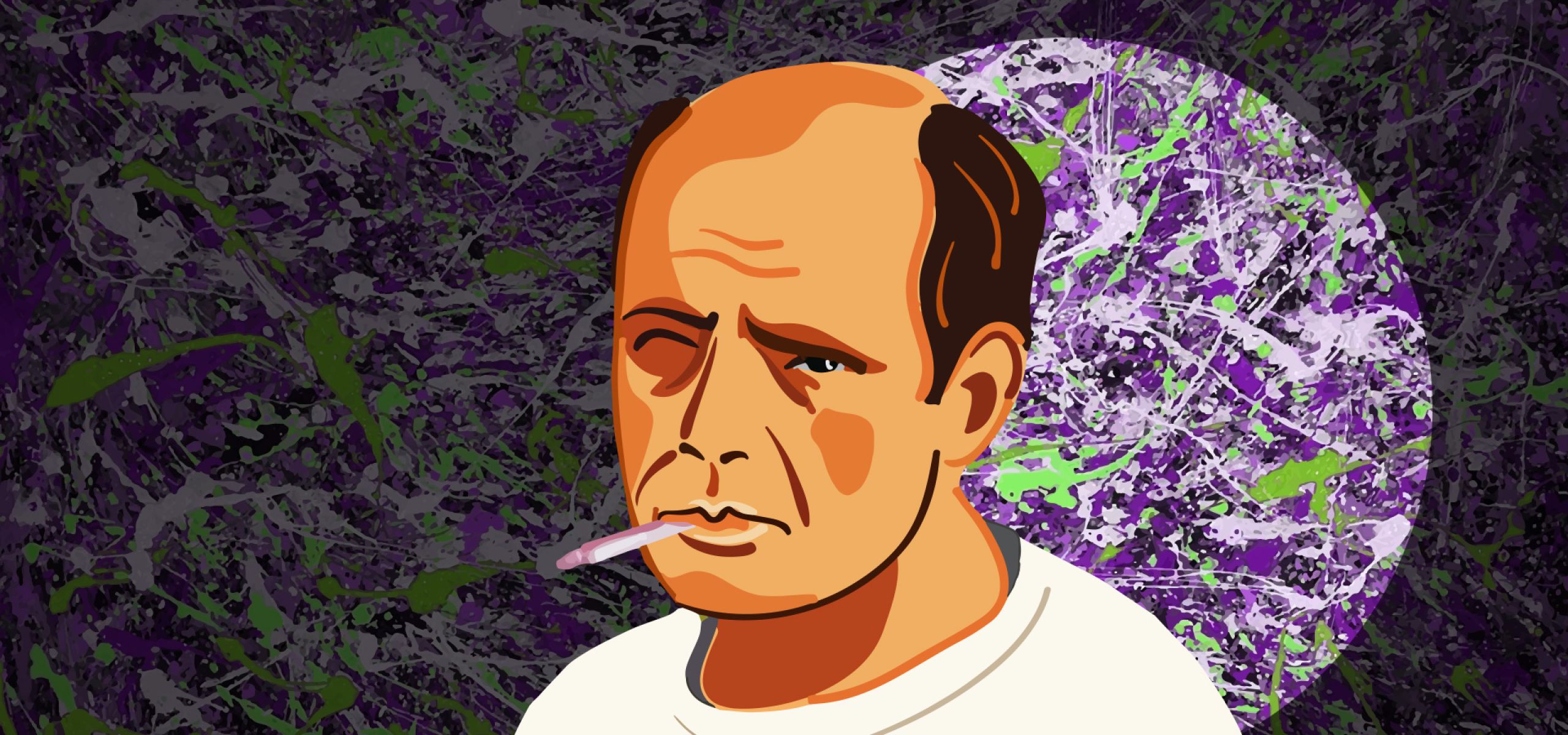I admit that Pollock might not have been the best example, especially seeing the various things that have now been brought up about him in this thread. He might have been skilled, and I simply don't understand him, since I'm so horribly uncultured

.
So, instead of Pollock I could just as well have used someone else from the list of most expensive paintings as an example, such as Mark Rothko:
View attachment 316680
Or de Kooning:
View attachment 316681
Or Jean-Michel Basquiat:
View attachment 316684
Or Jasper Johns:
View attachment 316682
I am aware that I'm not exactly making a very strong point here. I'm just saying that I fail to see genius in any of this. I know certain people have also said that Van Gogh wasn't a very good painter either, although the art world has decided that he was a genius.
And my comment about wifebeaters was also just a silly way of turning all this into a joke. Perhaps it didn't go down so well. Maybe a better way of putting it would be to say that to me it looks like much of this is "art" made by crazy/neurotic people who
want to express something but are unskilled at painting, but other neurotic people look at it and decide it's the work of a genius, and it's worth a fortune, where the rest of us just see crazy.
And then what I was trying to say was "If we leave out 'he/she was the first' [which I understand has its relevance], then why is it this particular artist's paintings that are worth a fortune and not another unskilled crazy person who threw paint on canvas in a manner similar to a five year old?"
But to be fair, I also don't understand why that Marilyn Monroe artwork by Warhol was sold for a fortune just last year, as it's just a photo with colour added.
So, maybe I could sum it up like this:
Although this doesn't apply to the entire art world nowadays at all, it does seem to me to be a select group of people who decide what crazy unskilled person is a genius and who is just crazy and unskilled, rather than only calling people genius if they can actually paint.
That leads to Thomas Kluge, who surely can paint, but I do understand that he's "boring", because there's no evolution in his works per se (but then was there in Mark Rothko's works?), as he just paints portraits with a black background, so they all look extremely similar, just with a different sitter, and he's also a couple of hundred years too late.
Anyway, as you mentioned originally, it's not a sidetrack that we need to spend a lot of time on, although we have spent a bit of time on it now

.
EDIT:
One famous, slightly modern, but not abstract painting, that I do like is this one:
View attachment 316693
.


